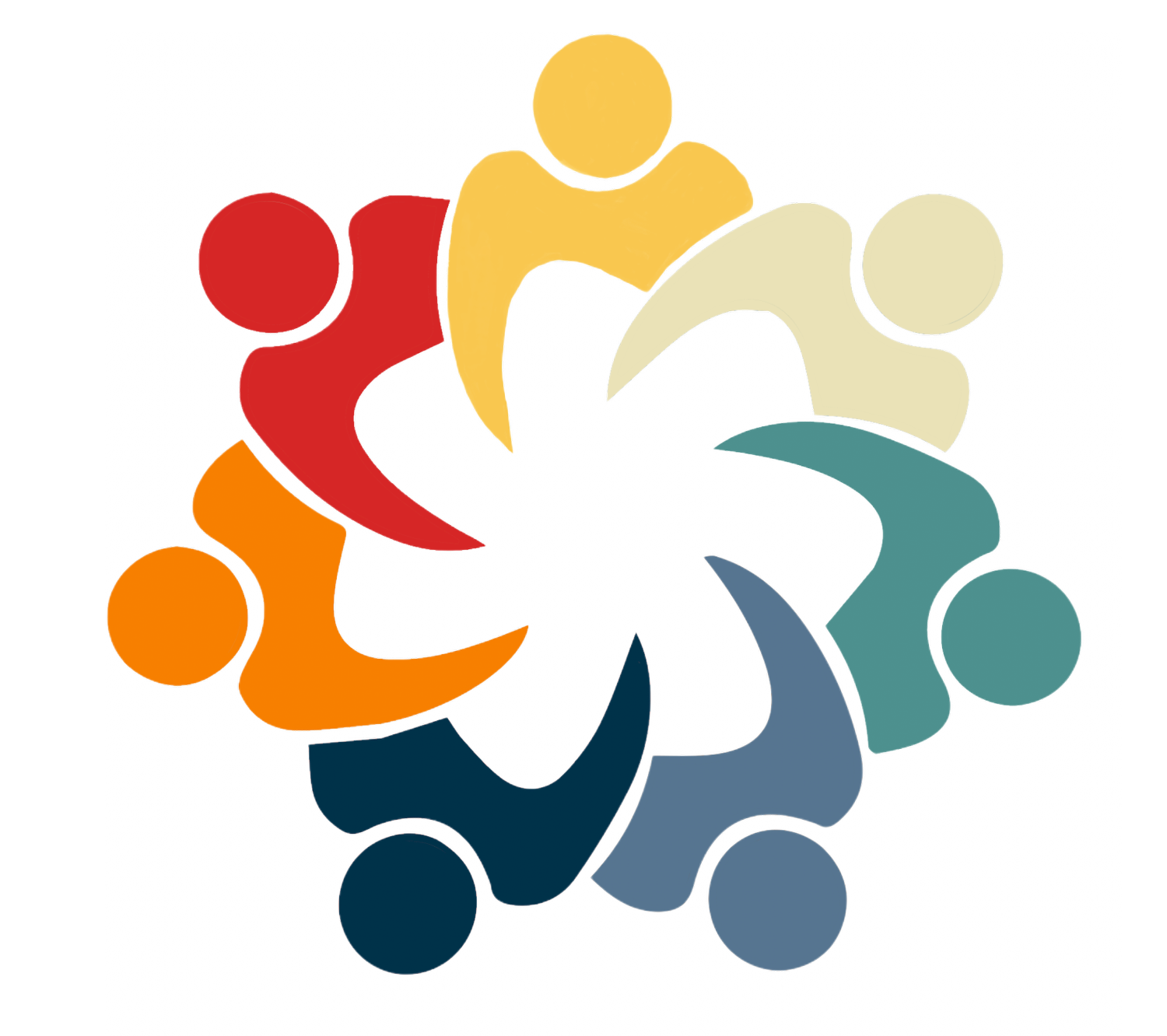
When someone you love is dealing with serious illness, you want to be there for them
To enable family caregivers to be at the bedside of hospitalized persons with serious illness, we need to know how real-world stresses get in the way
The Equity in Caregiving Project
The Equity in Caregiving Project recognizes the critical role that family caregivers play as advocates for persons living with serious illness, and acknowledges the complex forces, visible and invisible, that affect caregivers’ engagement with clinicians, hospitals and healthcare systems.
We define caregivers as family members, families of choice, friends and neighbors who provide care to an individual who need assistance to manage health condition-related tasks. Our focus is on caregivers and persons from historically and actively marginalized populations (including economic challenges, linguistic and cultural barriers, extremes of age, race and ethnicity, gender identify and sexual orientation, LGBTQ+, and people with disabilities).
We strive to shine light on and improve processes for meaningful caregiver engagement in serious illness care during hospitalizations by giving voice to caregiver stories, building relationships with policy advocates, and engaging community members in actionable research and resource dissemination.
We envision a healthcare system where persons living with serious illness and their family caregivers are actively welcomed, valued, and connected with clinicians and resources to optimize delivery of high-quality palliative care, regardless of background and identity.
Caregiver engagement is a key feature of high-quality health care for persons with serious illness.
Engaged caregivers are the extra eyes, ears, question-askers and advocates for patients.
It’s critical that caregivers are connected to and engaged with the healthcare team.
As part of The Equity in Caregiving Project, we are committed to providing caregivers with both local and national resources




